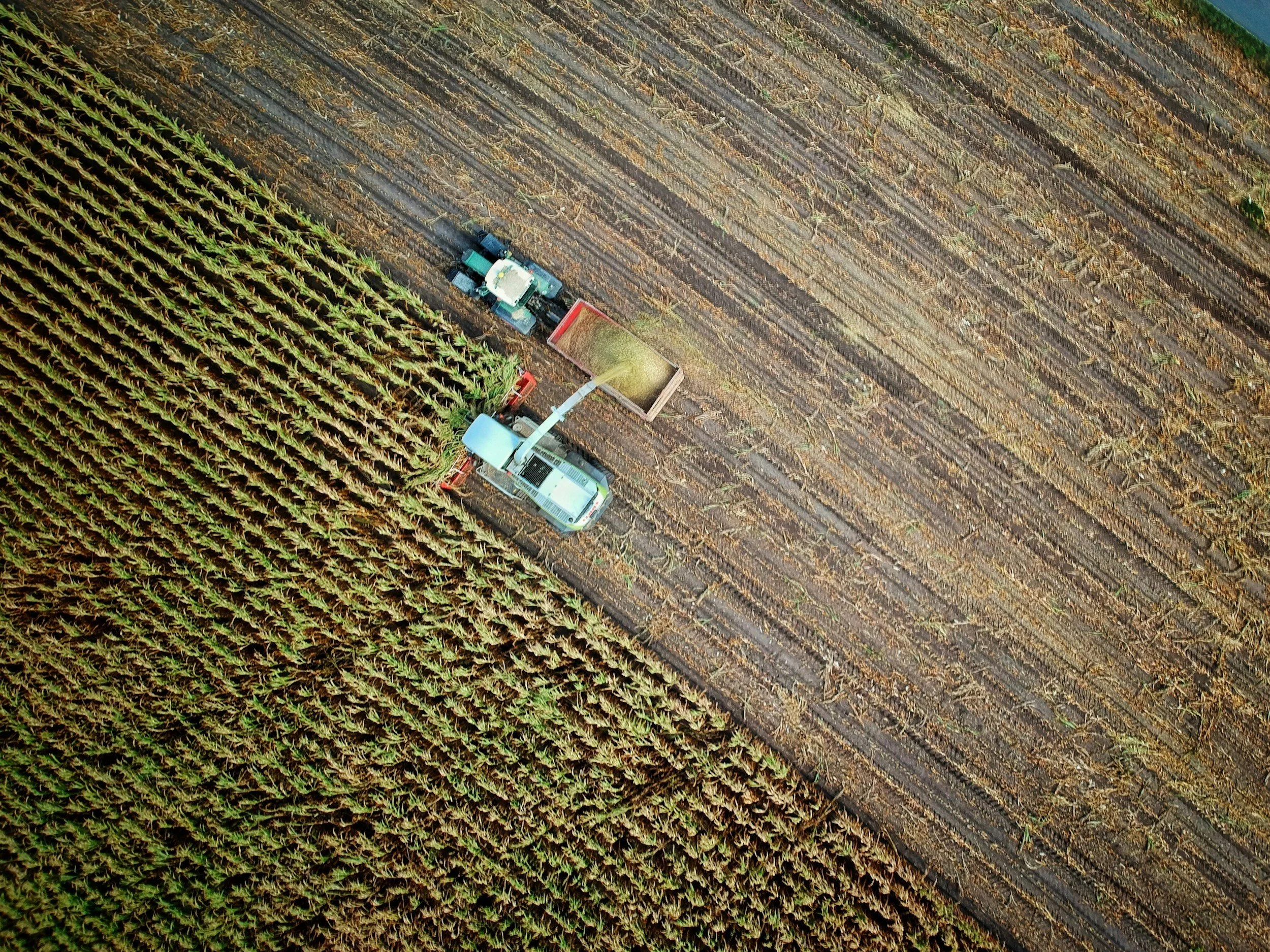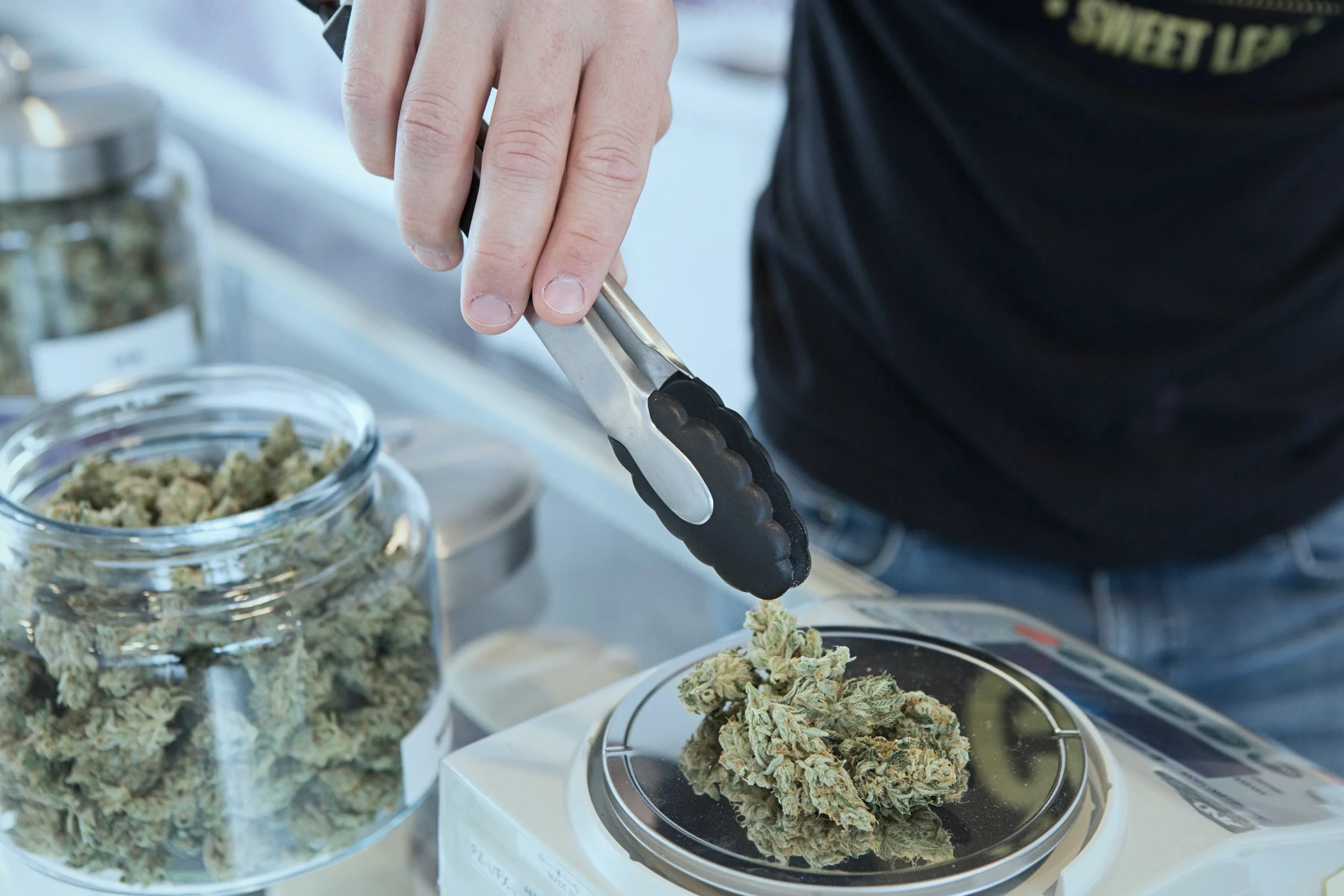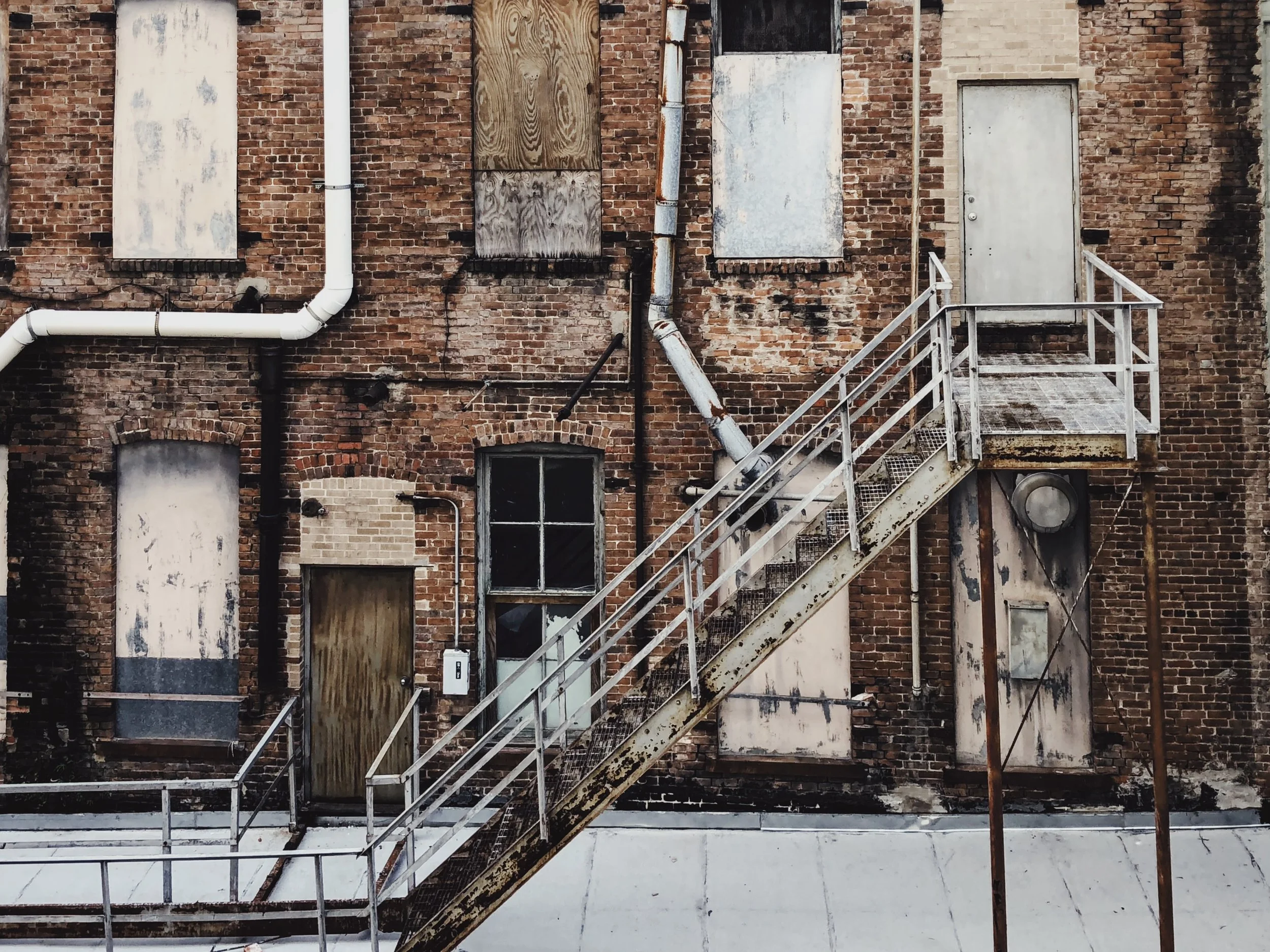Clean Coal has become a popular term, especially in the Kentucky tax industry. 2L staffer Bennett Tuleja evaluates the statutory tax credit in Kentucky and explores how effective it has been at reducing coal emissions & whether it has had any positive impact since its implementation in 2019.
The Plastic Problem: Feasible Steps America can Take to Reduce its Contribution to Plastic Waste
The United States is one of the largest contributors to plastic pollution in the world. 2L staffer Lauren Willard discusses the Reducing Waste in National Park Act and the Break Free From Plastic Pollution Act and believes they are both strong solutions to fixing the plastic pollution problems in our country. Willard strongly advocates that Americans should seriously consider these bills before it is too late.
Nature has the Power to Reverse Climate Change - If We Help it
Farmers have a unique way to stop climate change. Landon Woods, southern regional director for the American Conservation Coalition, discusses the idea of farmers using natural climate solutions to reverse climate change. Although there are many different strategies to solving climate change, Woods strongly argues that natural climate solutions will play a key role in reducing climate change.
A Warning Letter to the FDA: Why We Need Cannabis Regulation
The FDA regulates drugs, cosmetics, foods, and dietary supplements, but not THC or CBD. 2L Staffer, Kenneth McQueen, Jr., strongly argues that with the rise of more states legalizing marijuana, it is time for the FDA to start regulating THC and CBD for the sake of public health. McQueen points out the issues that could occur with the regulation of CBD and THC but believes there are ways the FDA can limit the issues while still protecting public health.
WOTUS and the Future of Wetland Protection
In recent years it has become unclear what wetlands are protected. Senior Staffer Seth Stroud discusses the upcoming Supreme Court case, Sackett v. EPA, which will analyze this issue. The plaintiffs believe the Court should use Justice Scalia’s test (continuous surface connection) while opposing counsel favors Justice Kennedy’s test (significant nexus) for determining what wetlands will be protected. While Stroud analyzes this issue, he expresses the concern of many that the Supreme might be undercutting EPA’s rule-making efforts.
How can the Government Ensure a Safe and Healthy Environment Throughout the Lasting Effects of COVID?
Covid-19 has had a significant impact on individuals and businesses. 2L staffer Emily Riggs discusses the new work lifestyle where people are working remotely and may not return to an office building for work, which has caused office buildings to now be vacant. Riggs strongly advocates that these buildings can help decrease the homeless population and offers an idea for how the states and the federal government can make this possible.
Funding Kentucky's Forests: Proposing a Timber Yield Tax
In recent years, the Kentucky Department of Forestry has been underfunded. 2L staffer Braydan Roark talks about how this has affected staffing issues and essential operations in the KDF. Roark advocates for a timber yield tax and lays out how it should function while putting at ease those who might have concerns about it.
What the Frack: Why Fracking Chemicals Should be Disclosed
Citizens of Pavillion, Wyoming, started to notice a bad taste and smell in their water. Methanol, a toxic chemical, was found in their water from fracking waste. 2L staffer Gracie Sandlin discusses how fracking companies are not required to disclose the chemical injected into the ground due to trade secrets, but is that for the best? Sandlin advocates that these chemicals should not be trade secrets, discusses what another state is doing, and hopes Wyoming will soon follow.














